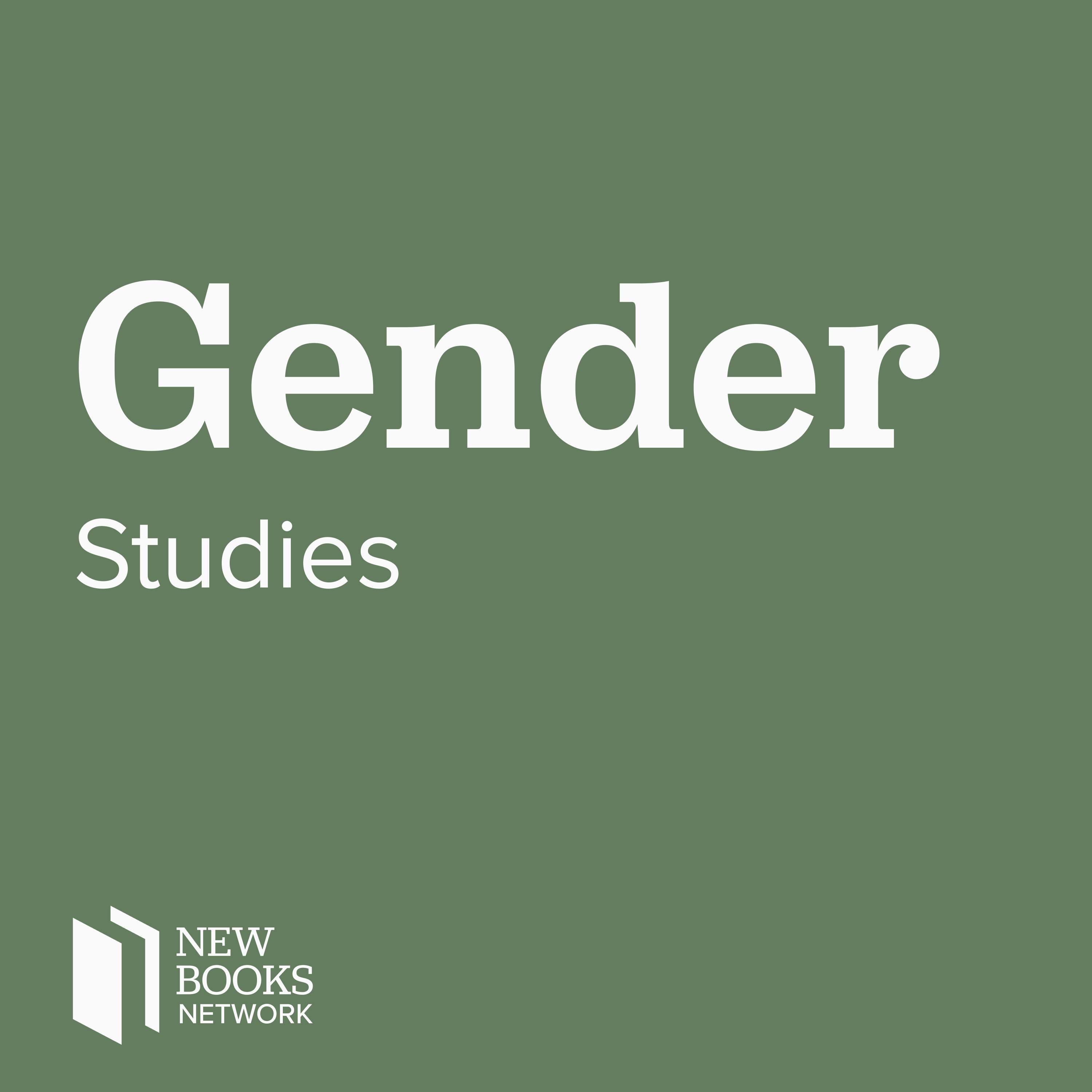Sujin Lee, "Wombs of Empire: Population Discourses and Biopolitics in Modern Japan" (Stanford UP, 2023)
Description
In 2007, Japan’s health minister referred to women ages 15-50 as “birthing machines.” The context was a speech about Japan’s declining birthrate and projected population shrinkage. As Sujin Lee shows in Wombs of Empire: Population Discourses and Biopolitics in Modern Japan (Stanford UP, 2023), neither population anxieties nor the idea of women as childbearing devices whose wombs were the property of the state are new. However, when the “population problem” became a public preoccupation for politicians, scientists, and activists in the 1910s, it was an expression of worries about overpopulation and carrying capacity in a “resource-poor” nation and empire. Wombs of Empire traces the trajectory of population discourses and practices from these years through wartime Japan, with particular attention to the ways in which notions of motherhood were constructed hierarchically within the context of empire and war, and how Malthusian population control discourses formulated by leftists, feminists, scientists, and politicians gave way to the natalism of total war.
Nathan Hopson is an associate professor of Japanese language and history in the University of Bergen's Department of Foreign Languages.
Learn more about your ad choices. Visit megaphone.fm/adchoices
Support our show by becoming a premium member! https://newbooksnetwork.supportingcast.fm/gender-studies
More Episodes
The #MeToo movement inspired millions to testify to the widespread experience of sexual violence. More broadly, it shifted the deeply ingrained response to women’s accounts of sexual violence from doubting all of them to believing some of them. What changed?
In The #MeToo Effect: What Happens...
Published 04/27/24
Published 04/27/24
In Unhomed: Cycles of Mobility and Placelessness in American Cinema (University of California Press, 2024), Dr. Pamela Roberston Wojcik examines America's ambivalent and shifting attitude toward homelessness. She considers film cycles from five distinct historical moments that show characters who...
Published 04/24/24


